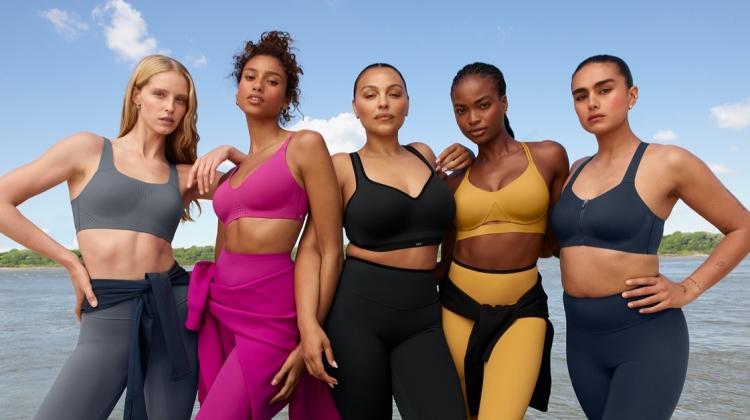
Go on, admit it. You’ve been influenced by influencers at some point. And if you’ve managed to escape the impulse to stock up on Zoflora, it’s likely you’ve had your head turned by sponsored ads on your social media channel.
But while these tried-and-tested trends have been big business for retailers in recent years, there’s another style of sales that’s recently become popular. It also has a $500 billion market. So, what is live shopping? Where did it come from, and how is this tactic tapping into the see-now-want-now mentality that’s developed over the last few years?
What is Live Shopping?
Live shopping – also known as livestream shopping – gives shoppers a chance to buy products in real time. It combines live video with social media and e-commerce and has all the hallmarks of shopping channels like QVC.
However, brands work with influencers to sell their products rather than being sold via these well-known TV channels. These influencers stream their reviews of the brand’s products live on their social media channels, promoting them through Instagram, Twitch, Amazon, and TikTok.
While it shares similarities with typical online shopping, live shopping is unedited. The audience can interact with the host, who is showcasing, reviewing, and sometimes modeling different products during the live stream. Audience members can use this opportunity to ask the host questions before deciding to purchase the product.

Where Did Live Shopping Come From?
Livestream shopping has been around since the mid-2010s. It soared in popularity in China and was worth $171 billion in 2020, according to McKinsey. In recent years, it’s picked up the pace in the US through platforms like TikTok, Popshop Live, and Whatnot, and it’s steadily making its way to the UK.
Could Live Shopping Work for You?
Live shopping is already a massive success in China. According to China’s Economic Daily, Austin Li Jiaqi, one of the country’s biggest influencers, sold $1.7 billion worth of goods in a 12-hour live stream in October 2021.
Meanwhile, in places like the UK, we’ve recently seen a change in how people shop. Shoppers turned to alternative options, with physical High Street stores closed during the pandemic. Suddenly people were getting their retail fix from online shopping, watching influencers’ sponsored stories, and reading their advertised posts on Instagram.
Now that Brits’ retail habits have moved in line with that of shoppers in China, this could be the ideal time to try live shopping for your brand.

Some well-known brands are already holding live shopping events. Marks and Spencer launched M&S Live earlier this year in a bid to attract the younger shoppers making up one-fifth of global e-commerce by 2026. Ted Baker, meanwhile, hosted some live events last March.
This new style of promoting products in real-time has its benefits. As well as providing an interactive sales opportunity, it boosts brand awareness; promotes your customer service skills as you’re advising the shopper at the moment; and – if the results in China are anything to go by – can boost profits.
“Any innovation always needs to be carefully considered as to how it can be incorporated into a brand,” says Dan Conboy, Managing Director at e-commerce agency, Statement. “But with the right approach, live shopping has the potential to add value in terms of brand awareness, customer service and, ultimately, growth in orders.”

Live Shopping Best Practice
So, how are you going to introduce this sales tactic to your business? Here are some top tips to help you get started:
- Think about your format
You’ll need to make sure that your live-stream events contain product demos. You’ll also have to ensure that your audience can interact with the host. Beyond these two key features, how the stream is set up is up to you. Maybe you could try a Q&A format, or perhaps a tutorial is more suitable for your products. Think about how you want the live stream to look before you begin.
- Make it fun
You’re more likely to generate interest if you make it engaging. Choose hosts that are well-known or influencers and set a time limit. Keeping your streams short will keep audiences engaged before their attention spans wane. Also, creating a sense of urgency will make viewers want to buy before they lose out.
- Be helpful
Remember that this is a live event. It’s your chance to show off your customer service skills. Make sure your host is prepared and has answers at the ready, and provide as much detail as possible – after all, you have a limited amount of time to get your message across.
Will you try live shopping for your brand? What products will you sell for your first streaming event?





